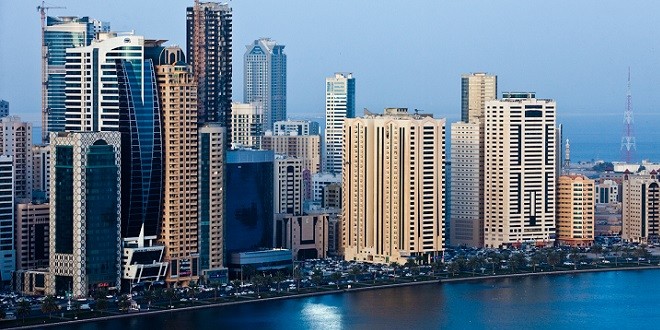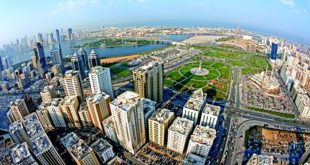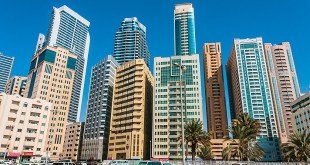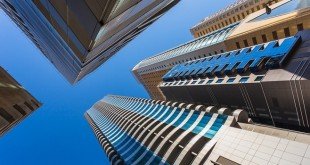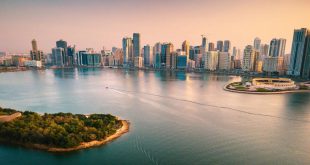Sharjah’s higher degree of economic diversification compared to other Gulf Co-operation Council (GCC) members diminishes the impact of the recent oil price drop on the emirate’s economy, according to Moody’s Investors Service annual Sharjah Credit Analysis, published this week. Moody’s expects Sharjah’s economic growth to remain solid with a low government debt burden, although the report noted that debt levels are rising.
Moody’s reconfirmed Sharjah’s strong “A3″ long-term credit rating with a stable outlook in February, unchanged since the agency’s first credit rating for Sharjah was issued in 2014. The rating reflects the emirate’s credit strength, supported by its strong fiscal policy and low government debt position.
Sharjah benefits from a dynamic economy, which is dominated by small and medium-sized manufacturing firms active in metals and equipment, chemical and plastic products, and wood products. No single sector of Sharjah’s economy contributes more than 20 percent of its GDP, while Sharjah’s oil and gas sector contributes 13 percent to GDP and 14 percent to total revenue, much less than that of its GCC neighbours.
Moody’s Investors Service also notes that Sharjah’s public finances benefit indirectly from United Arab Emirates (UAE, Aa2 stable) federal funding, which covers a large portion of public services for UAE citizens, including defence, inter-emirate roads and a basic level of education and healthcare.
The government of Sharjah set a record annual budget for the year 2015 of AED 17.7 billion (US$ 4.8 b), 12 percent above Sharjah’s AED 15.4 billion (US$ 4.2 b) 2014 budget, earmarking 45 percent of 2015 expenditure to economic development.
Source: Moody’s, Sharjah government

